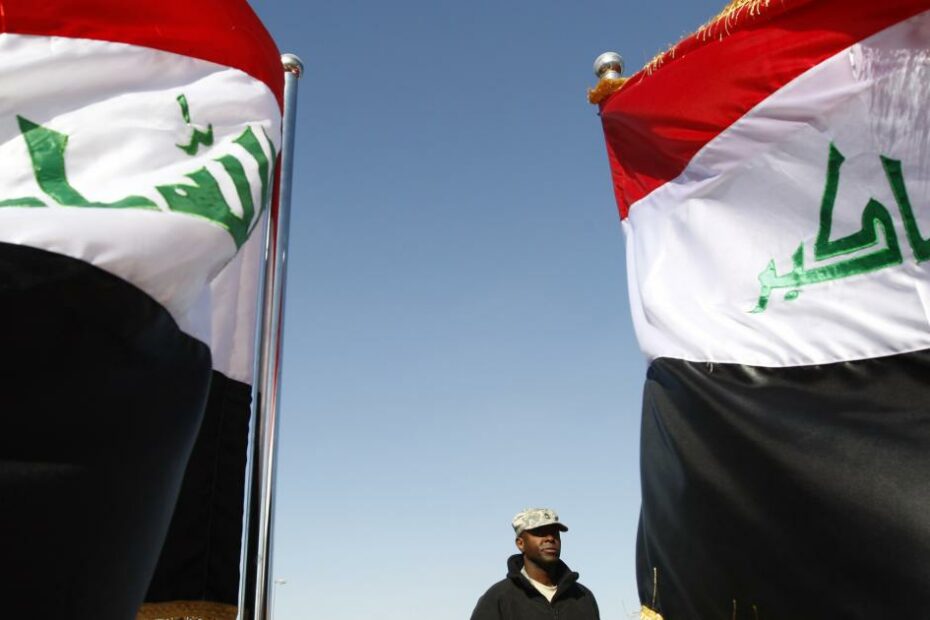Source article originally published on
Article Summary and/or Excerpt:
Max Boot (“What the Neocons Got Wrong,” March 10) deserves praise for some serious soul searching. Yet in renouncing his prior belief in military-led regime change, he commits the basic error of viewing efforts to support democracy as a purely idealistic endeavor, divorced from U.S. security interests. Although he acknowledges that “the United States should continue to champion its ideals and call out human rights abuses,” he advises Washington “not [to] be ashamed to prioritize its own interests.” Leaving aside the fact that the United States has not in recent memory exhibited much shame in prioritizing its interests globally, the problem with this formulation is that the strength of an ally’s democracy is often connected with U.S. security interests.
This dynamic has been evident on many occasions in recent decades. In the Philippines, the 2016 election of an authoritarian populist—Rodrigo Duterte—led to the weakening of long-standing security ties with Washington. The replacement of Duterte with a less autocratic leader, Ferdinand “Bongbong” Marcos, Jr., in 2022, saw the country renew its defense cooperation with the United States. Washington’s security relationship with Ankara has diminished over the last 15 years in close parallel with the decline of Turkey’s democracy: the illiberal worldview of Turkish President Recep Tayyip Erdogan drew him away from his country’s traditional security partnership with the United States. Democratic decline in Hungary has led that country to become China’s and Russia’s best friend in the European Union, even during the years when U.S. President Donald Trump warmly embraced Hungary’s illiberal prime minister, Viktor Orban. Trying to limit or counter democratic erosion, therefore, can directly serve U.S. security interests even as it advances U.S. ideals.
Several countries of major security importance to Washington are in the midst of troubling backsliding. Israel’s democratic troubles and growing polarization, for example, may hurt U.S. security interests in the Middle East by dividing and weakening the Israel Defense Forces or heightening tensions with the Palestinians or Iran. In India, the accelerating deterioration of democracy could hurt the country’s long-term reliability as a U.S. security partner by provoking serious domestic unrest that forces the government to divert attention and resources away from external engagement. Mexico’s troubling democratic erosion—vividly diagnosed by Denise Dresser in Foreign Affairs—may lead to less effective cooperation with the United States on drug policy, immigration, and other key concerns. Falling back on simple bromides about not apologizing for relations with autocrats and prioritizing interests over ideals fails to provide any useful guidance for assessing how democracy and security intersect.
